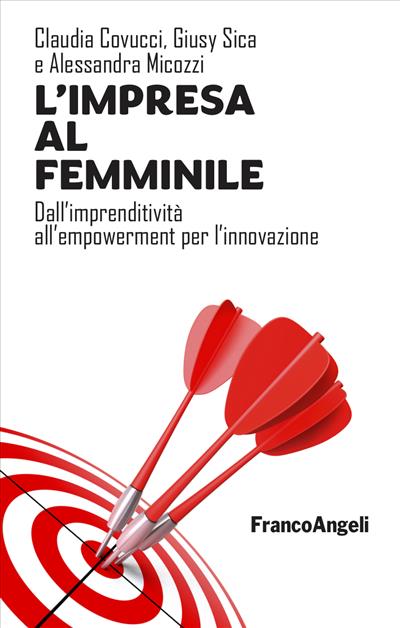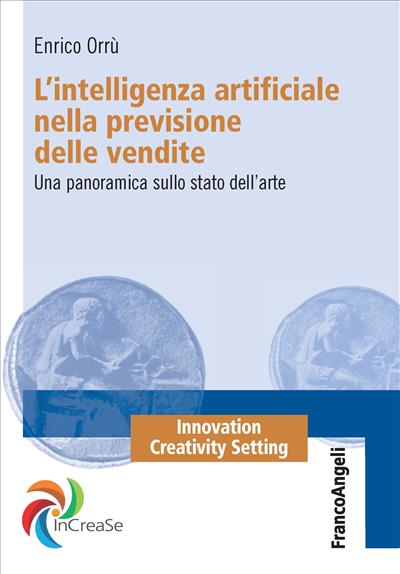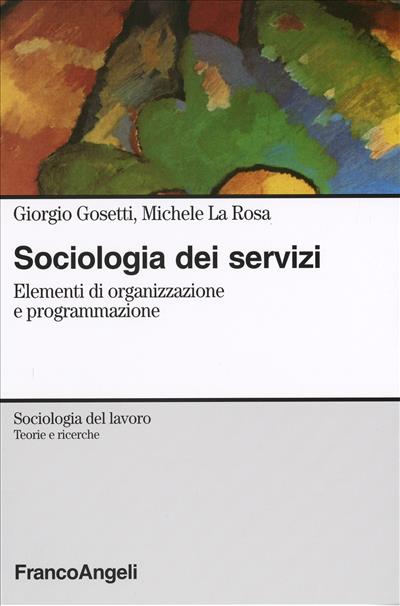
A cura di: Fausta Guarriello, Claudio Stanzani
Trade union and collective bargaining in multinationals.
From international legal framework to empirical research
The contributions presented in this work analyze, from a range of complementary points of view, the results of the Euride study coordinated by SindNova over the period 2016-2017 and involving eleven European multinational corporations. Research efforts focused on mechanisms aimed at ensuring actual implementation of the transnational company agreements and the procedures for reporting any violations.
Pagine: 278
ISBN: 9788891783653
Edizione:1a edizione 2018
Codice editore: 1529.2.136
Possibilità di stampa: No
Possibilità di copia: No
Possibilità di annotazione: Sì
Formato: PDF con DRM Readium LCP
Pagine: 278
ISBN: 9788891783691
Edizione:1a edizione 2018
Codice editore: 1529.2.136
Possibilità di stampa: No
Possibilità di copia: No
Possibilità di annotazione: Sì
Formato: ePub con DRM Readium LCP




